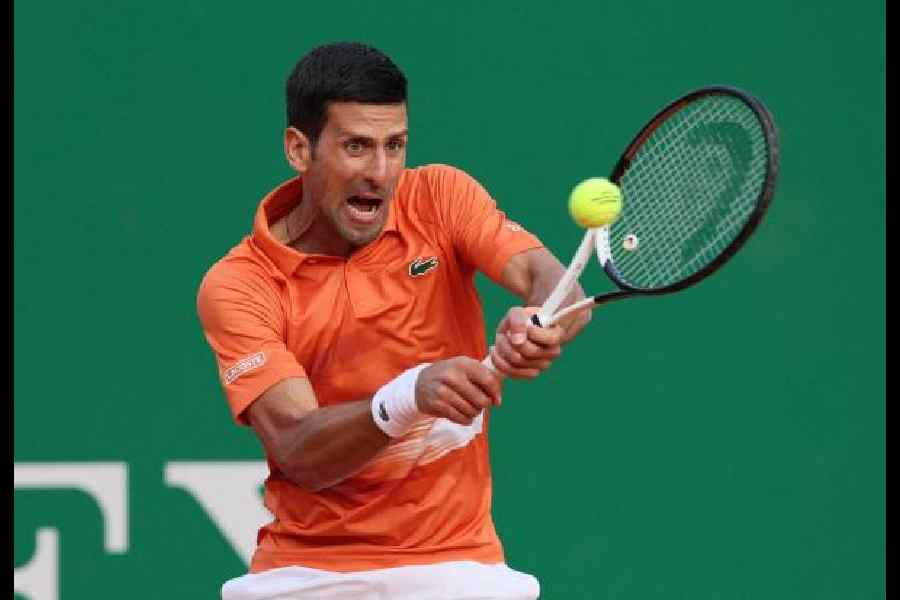In the realm of sports, reaching the pinnacle of performance goes beyond prowess, it revolves around mastering the aspect. Drawing from my experience as a coach specialising in mental mastery performance, I have witnessed first-hand how psychological factors and arousal levels can profoundly impact an athlete’s performance. This article delves into the equilibrium of arousal. Let’s explore how athletes can tap into the flow state to achieve optimal results on the field.
Understanding the Yerkes-Dodson law
At the core of mental performance coaching lies the Yerkes-Dodson law, a concept that underscores the connection between arousal and performance. According to this law, there exists a level of arousal for peak performance. Inadequate arousal leads to underperformance, whereas excessive arousal can impede an athlete’s abilities.
As a coach, my goal is to assist athletes in discovering their spot — that perfect balance of nervous energy that propels them towards excellence.
Personalised optimal arousal: Like fingerprints, every athlete is unique. Recognising that each athlete responds differently to arousal serves as a step in formulating effective mental performance strategies. By observing and maintaining communication, I collaborate with athletes to identify the optimal arousal levels that are unique to them. Some athletes thrive when they are in a focused state, while others perform at their best when they have a level of excitement. It is crucial to tailor strategies that suit each individual’s needs in order to attain mastery.
Creating consistent pre-match routines: Consistency plays a role in preparation. Having an established match routine can be an incredibly effective tool for regulating arousal levels. This routine typically includes warm-ups, mental visualisation exercises, and activities that promote calmness. By incorporating these elements into their routine, athletes create a controlled environment that sets the stage for performance.
Utilising breathing and relaxation techniques: Deep breathing and relaxation techniques are skills for managing anxiety and maintaining arousal levels. As a mental mastery performance coach, I guide athletes in integrating these techniques into their match routines. Moreover, I encourage them to utilise these techniques during breaks or timeouts. The ability to calm both the mind and body under pressure is a skill that can significantly impact performance in high-stakes situations.
Harnessing the power of positive self-talk: Our mindset can be our allies or our worst enemies. Positive self-talk serves as a defence against thoughts and self-doubt. As a coach, I teach athletes how to create affirmations and reminders that boost their confidence and help them stay focused. Shifting their dialogue from doubt to determination can have an impact on their ability to achieve and maintain optimal arousal.
Being present in the moment: Being able to stay present is a skill that sets athletes apart from the rest. Athletes often face the challenge of handling both pressure and past mistakes. I emphasise the importance of focusing on the task at hand and cultivating a mindset centred on the moment. This mindfulness contributes to maintaining arousal levels. Ultimately enhances overall performance.
Learning from past experiences: Reflecting on past experiences is a tool for personal growth. With athletes, we analyse performances, identifying instances where arousal levels were either too high or too low. This reflective process helps us recognise patterns and triggers, allowing us to make adjustments for competitions. Learning from experience is a journey that sharpens our mental performance strategies.
Simulating pressure in training: Training serves as a laboratory for developing mastery. I incorporate pressure situations into training sessions, creating scenarios that replicate the stress athletes face during competitions. By exposing them to high-stakes situations in a controlled environment, we help build their resilience and confidence. This approach greatly reduces the chances of experiencing spikes in arousal levels during matches.
Embracing fun and enjoyment: In the quest for excellence, it’s important not to let the pressure to perform overshadow the joy of the game. As a mental mastery performance coach, I emphasise the significance of embracing fun and enjoyment throughout an athlete’s journey. By cultivating an enjoyable mindset, athletes can re-adjust their focus, minimising arousal and reigniting the passion that initially drew them to their sport.
Attaining mastery in sports is a process, and as a mental mastery performance coach, my role is to guide athletes in unlocking their full potential. Balancing arousal levels with performance is a rewarding endeavor. Through pre-match strategies, relaxation techniques, positive self-talk, and a commitment to learning, athletes can enter a state of flow where optimal arousal becomes a catalyst for athletic excellence. In the evolving realm of sports psychology, striving for mastery remains an exciting journey for both coaches and athletes.
Anwar Wahhab is a Mental Performance Mastery Coach and a Bioprint practitioner. You can reach him at
anwarwahhab@awefitness.com
